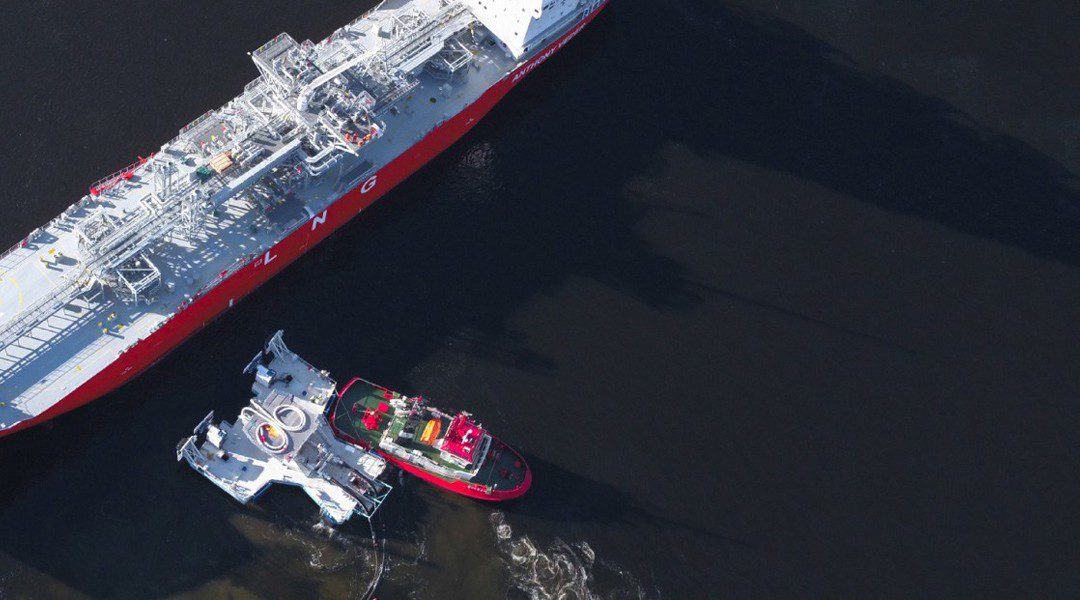John Bell, head of theDepartment of Supply Chain Managementat the University of Tennessee, Knoxville’sHaslam College of Business, explains why food processors and other industries are facing a critical shortage of carbon dioxide.
Anextinct volcanoin Mississippi is having a serious impact on the availability of carbon dioxide for industrial use, says Bell. That’s because recent drilling at the Jackson volcano, a major source of CO2, caused contamination of the gas reserves and led to a huge drop in supply. Such an interruption “ripples across industries,” he says. “You can’t double or triple supply overnight.”
In actuality, the majority of the nation’s CO2 supply for industry is a byproduct of other industries, especially the production of ethanol, ammonia and natural gas. While the primary use of CO2 is in the petroleum industry, which injects it into wells for oil recovery, it’s also essential to producers of food, beverages (especially beer) and packaging materials.
The sudden loss of supply from the Jackson volcano came at a time when consumer demand for food-grade products soared, a result of the COVID-19 pandemic. It was also accompanied by reduced supply from industrial activities, as ethanol production took a steep dive. The unexpected consequence was a CO2 shortage for bottlers and breweries, some of which were forced to shut down operations for a time.
Demand for industrial CO2 continues to increase, causing producers to seek better ways of recapturing and recycling the gas. But smaller entities, in particular the growing number of craft brewers, can’t easily afford the technology and equipment needed to do that, Bell says.






